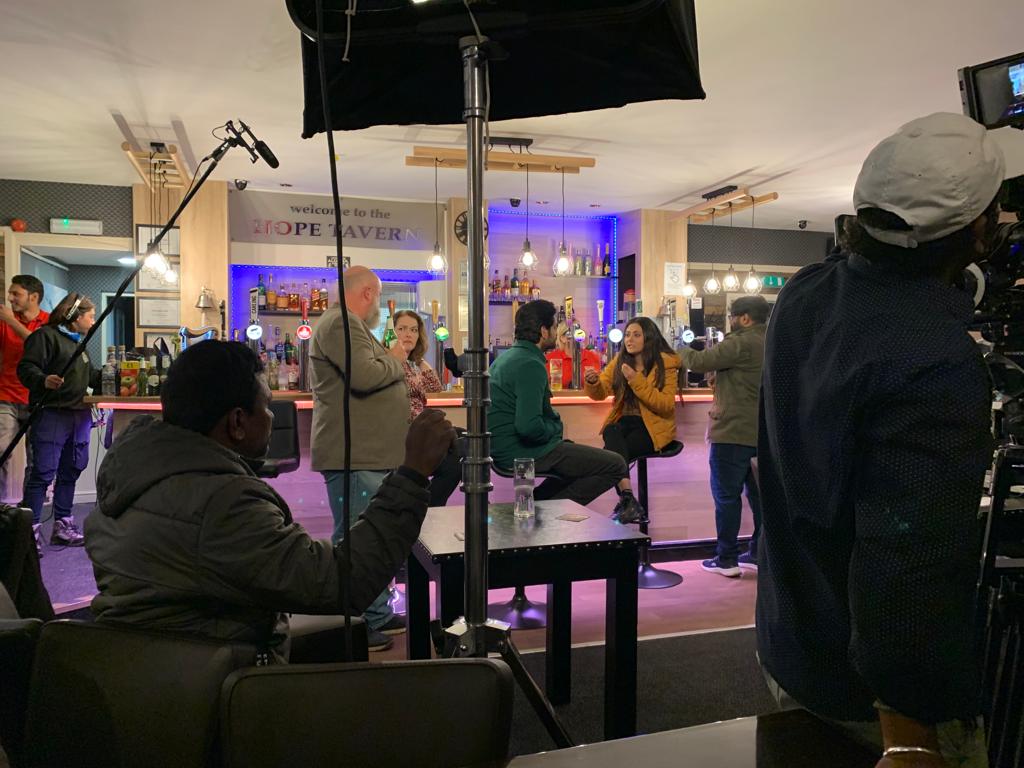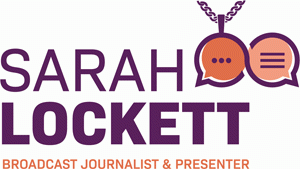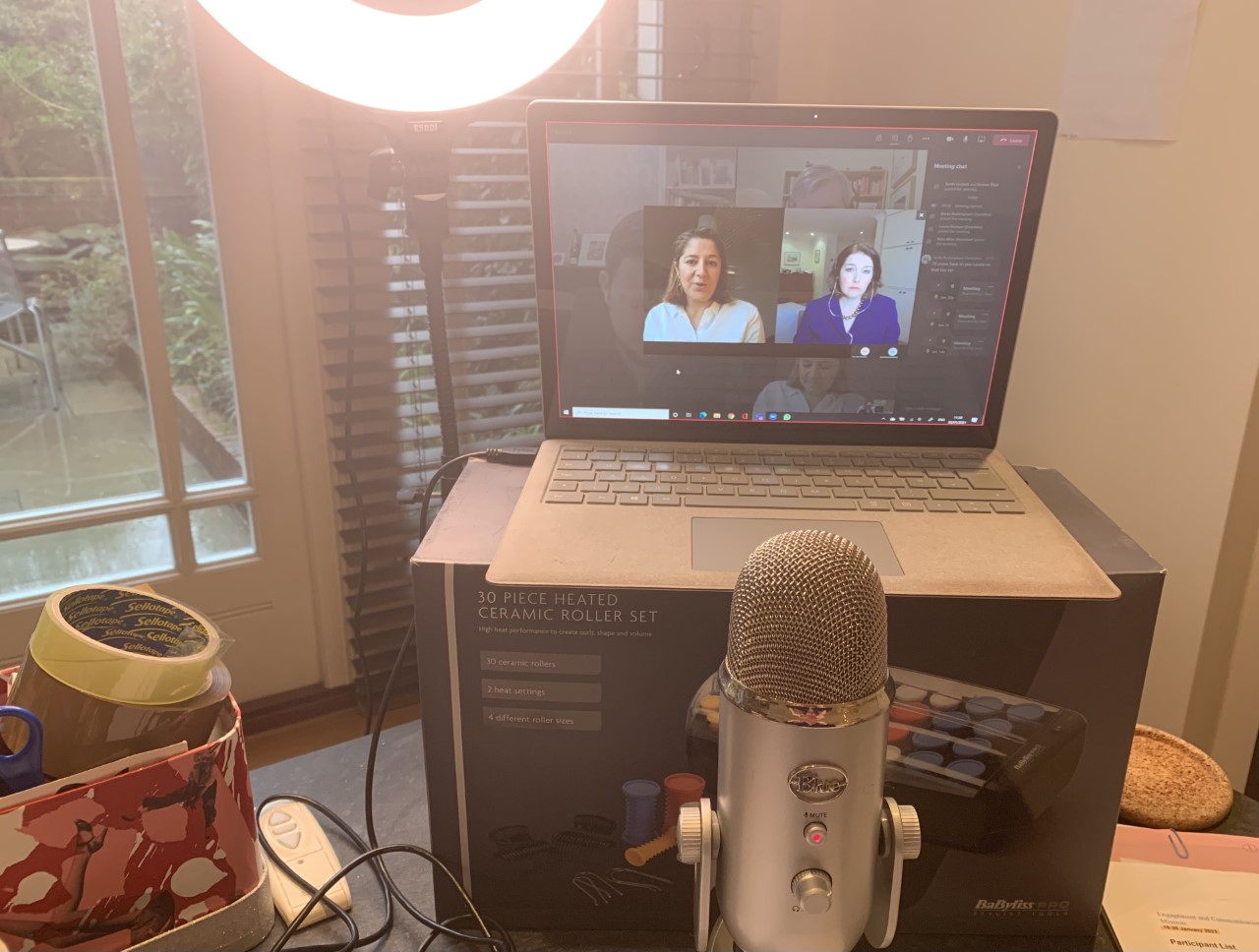I recently worked with a big celebrity who was 3 hours late. By the time they had arrived (90 minutes late) and then gone through hair and make up (another 90 minutes, despite them looking fine when they arrived) we were seriously behind schedule. Now, I had already been there 4.5 hours by the time the celeb arrived and the rest of the team had arrived even earlier to set everything up. There were maybe 40 people waiting for the one celeb – all at the top of their game and very talented, experienced professionals.
The boss had explained to me how they wanted the project to go, but then this changed significantly once the celeb had given their input. Everyone else had to go with it, as the celeb was the star, and without them we HAD no project!

It reminded me of Marilyn Monroe making ‘The Prince and the Showgirl‘ with Sir Lawrence Oliver in the UK in 1956. And indeed, ‘Some Like It Hot‘ released in 1959. Marilyn had to do many takes to get her lines right, was late on set and plagued by insecurity, forgetfulness and fear. Her lines had to be written on chalkboards and on labels stuck to the props. It took her 47 takes to say “It’s me, Sugar” (she kept saying, “It’s Sugar, me,” or “Sugar, it’s me”). It had to be explained to her that she had cost the production half a million dollars in delays. And yet, without her, there WAS NO production. Then you have a film WITHOUT Marilyn Monroe in, a very different proposition, with hardly any box office appeal.
So, people need to make allowances, which we did on our project with the celeb. People were patient and kind (no point getting hissy, as the celeb might walk: they can be unpredictable, they don’t need the money, and we need them a lot more than they need us). To be fair, they weren’t TRYING to be difficult. They had logistical and health problems that meant this was the LAST thing they wanted to be doing that day. And, once they started, they WORKED HARD to get the job done.
On our side, we reduced the amount of work we wanted to achieve, cut our coat according to our cloth. With only 2.5 hours available, instead of 5.5, we prioritised the essentials and ditched things we didn’t have time for. The celeb will get paid the same, I am guessing. I assume their fee wasn’t based on outcomes.
I looked up “power games” before writing this blog. Power games are “strategic or manipulative behaviors to gain or maintain dominance”. This person wasn’t trying to be difficult, so I wouldn’t call this power games (although the effect was the same, perhaps).
I also looked up “star power”. One definition is “the magnetic influence and appeal of celebrities, driving public fascination”. And we needed public fascination for our project! Without the celeb, who’s going to care about x or y issue? So, we need them more than they need us, as I said.
I also looked up how to handle “brilliant but flawed” colleagues. We need them, and they can be fantastic, but they create problems – project overruns, delays and stress. Strategies include: focus on the goal (achieve what you can in the 2.5 hours!) have a back-up plan (alternative celeb? Or reschedule for another day, if there’s the budget to do so?), respectful dialogue (smile and be nice – aggression may lead to them walking), remain calm and professional, and don’t take it personally – they’re not doing it to be mean to YOU – they’re like this with everyone. At the end of the day, you will have a fantastic celebrity endorsement of your project, and no-one will (or should) know how difficult it was. And it is (part of) our job to solve problems and get projects over the line – that’s why we’re paid the big bucks! (not)
My point is:
Only you (and your team + client) will know whether the star power of your collaborator is worth putting up with. Marilyn Monroe – yes. Fred Bloggs who is a difficult colleague – maybe not. Make a call, breathe, and get through the day. And possibly decide never to work with them again.


